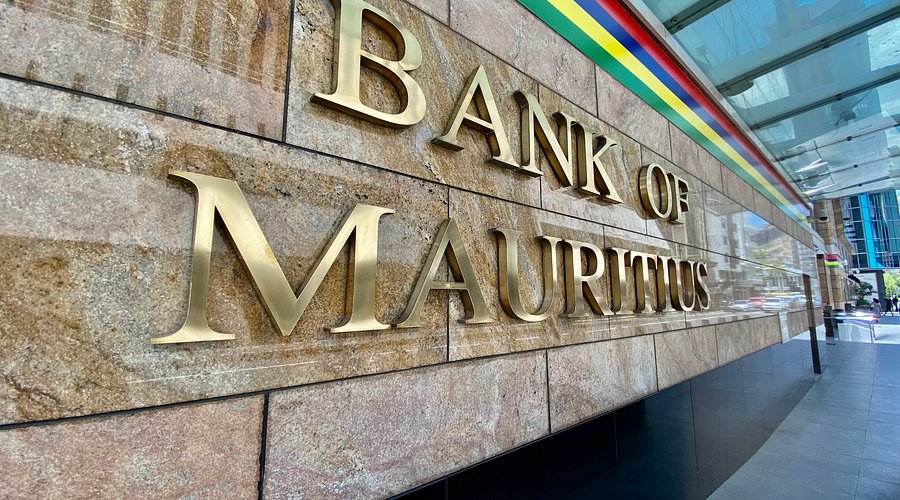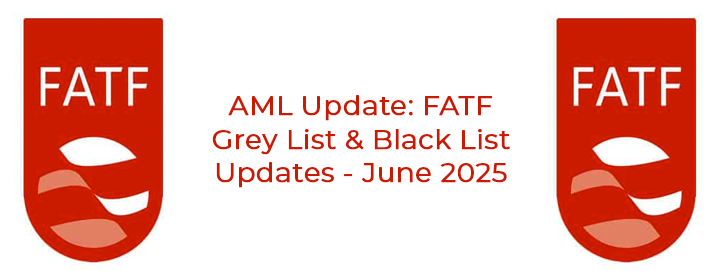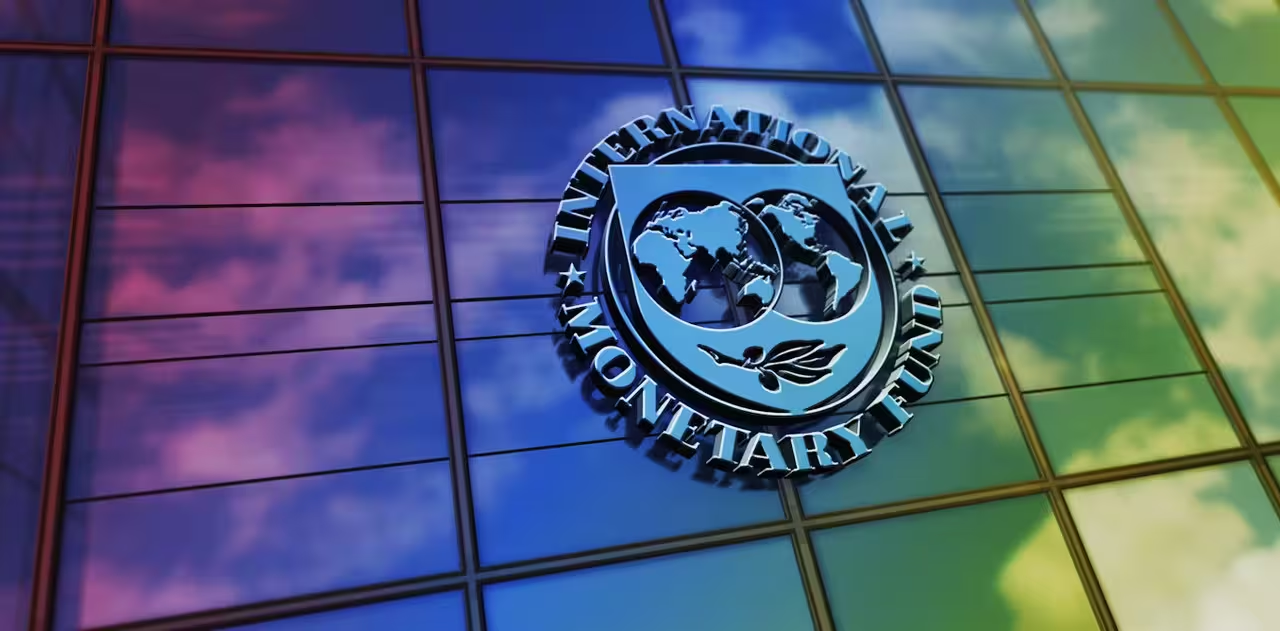Mauritius central bank scandal exposes risks to financial hub status

A resignation that rattled Port Louis
On 29 August 2025, Gérard Sanspeur resigned as Second Deputy Governor of the Bank of Mauritius (BoM), alleging political interference, conflicts of interest, and pressure to favor specific banking licenses. He named Tevin Sithanen, son of Governor Rama Sithanen, as an “external” actor who sought to influence regulatory decisions — including in favor of Bank of Africa — and claimed he was pressed to “commit fraudulent acts.” He said the governor was aware and did not intervene.
Hours later, Sanspeur posted a lengthy Facebook statement rejecting claims that he had profited from the BoM’s Rs 73,000–75,000 per diem allowances. He argued that the real crisis was not allowances but austerity imposed on citizens while the central bank blocked forensic audits of the Mauritius Investment Corporation (MIC) and Silver Bank. “Value is created in the workshop, not in the columns of the balance sheet,” he wrote, calling for investment in skills, infrastructure, and innovation.
Transparency Mauritius raises the alarm
According to local press coverage, Transparency Mauritius has urged an independent inquiry into Sanspeur’s allegations and the BoM’s governance. Its representative Laura Jaymangal said the public feud “reveals a lack of transparency and institutional communication” and risks further eroding already fragile public trust.
The NGO warned that political patronage in appointments (“copinage”) undermines competence and credibility in financial institutions. It urged formal checks and balances — parliamentary scrutiny of nominations, published rationales, and transparent selection criteria — and renewed its push for a whistleblowing law to protect those exposing corruption and narco-trafficking networks.

FCC deposition raises stakes
On 4 September, Sanspeur confirmed he had completed a deposition at the Financial Crimes Commission (FCC), handing over documents related to alleged irregularities at the MIC. Local newspapers reported that he insisted he had supplied “all necessary evidence” for investigators.
The FCC, in theory, has the powers to trace financial flows. In practice, its independence and resources are limited. Transparency Mauritius has already warned that unless the FCC is strengthened, politically sensitive investigations will lack credibility.
A credibility crisis for the rupee
At stake is more than one man’s resignation. The rupee, hovering around Rs 46–47 per USD, depends on confidence in the central bank’s stewardship. Mauritius imports most of its food and fuel; if investors lose faith in the BoM, the result will be higher inflation, rising borrowing costs, and shrinking reserves.
The BoM’s credibility has already been questioned internationally. The IMF has flagged lack of transparency over the MIC’s operations and use of reserves. The FATF only removed Mauritius from its grey list in 2021 after extensive reforms. A relapse in governance would be costly: renewed scrutiny from the ESAAMLG could risk another FATF downgrade, imperiling correspondent banking ties and the country’s role as a financial hub.
Politics in play
Domestically, the timing is combustible. The government is under pressure over the pension age increase to 65 and rising cost of living. Citizens who see central bankers enjoying per diems while blocking audits of billions in public money may conclude the system works for elites, not households.
Sanspeur has also hinted at an audio recording tied to the Menlo Park / Pulse Analytics affair. If released and verified, it could implicate senior figures and force resignations.
Reformist manifesto vs. “dogmas of ratios”
Sanspeur has turned his departure into a reformist manifesto. He rejects what he calls “dogmes poussiéreux des ratios budgétaires” — the obsession with debt and deficit ceilings — in favor of mobilizing real resources: youth training, modern agriculture, renewable energy, fintech, blue-economy industries, and cultural sectors.
According to local reporting, he cites a consultative model and insists that debt used for productive investment is not a burden but an asset. Critics inside government argue these ideas recycle old budget pledges; others note they resonate with citizens skeptical of official inflation figures.
What happens next
The road ahead depends on whether Mauritius embraces transparency or circles the wagons. Three tests are imminent:
- Independent inquiry: whether the government mandates a probe into BoM governance, MIC decisions, and Silver Bank.
- FCC action: whether Sanspeur’s deposition leads to forensic work or stalls in bureaucracy.
- IMF and ESAAMLG oversight: whether Mauritius pre-empts international pressure by publishing audits, or waits for conditions to be imposed.
Failure would not just be a domestic embarrassment. It would threaten Mauritius’ carefully cultivated image as a compliant international financial hub — an image built on escaping the FATF grey list and passing ESAAMLG reviews. As one local analyst put it, “It takes years to build credibility, and a single scandal to undo it.”
The bottom line
Mauritius’ central bank has become the stage on which the country’s reputation now hangs. Investors, regulators, and citizens will all ask the same question: is the BoM governed by rules, or by networks?
For a nation that markets itself as a global financial gateway, that is more than a domestic quarrel. It is a test of sovereignty, accountability, and survival in a system where credibility is the most valuable currency.


Add comment
Comments